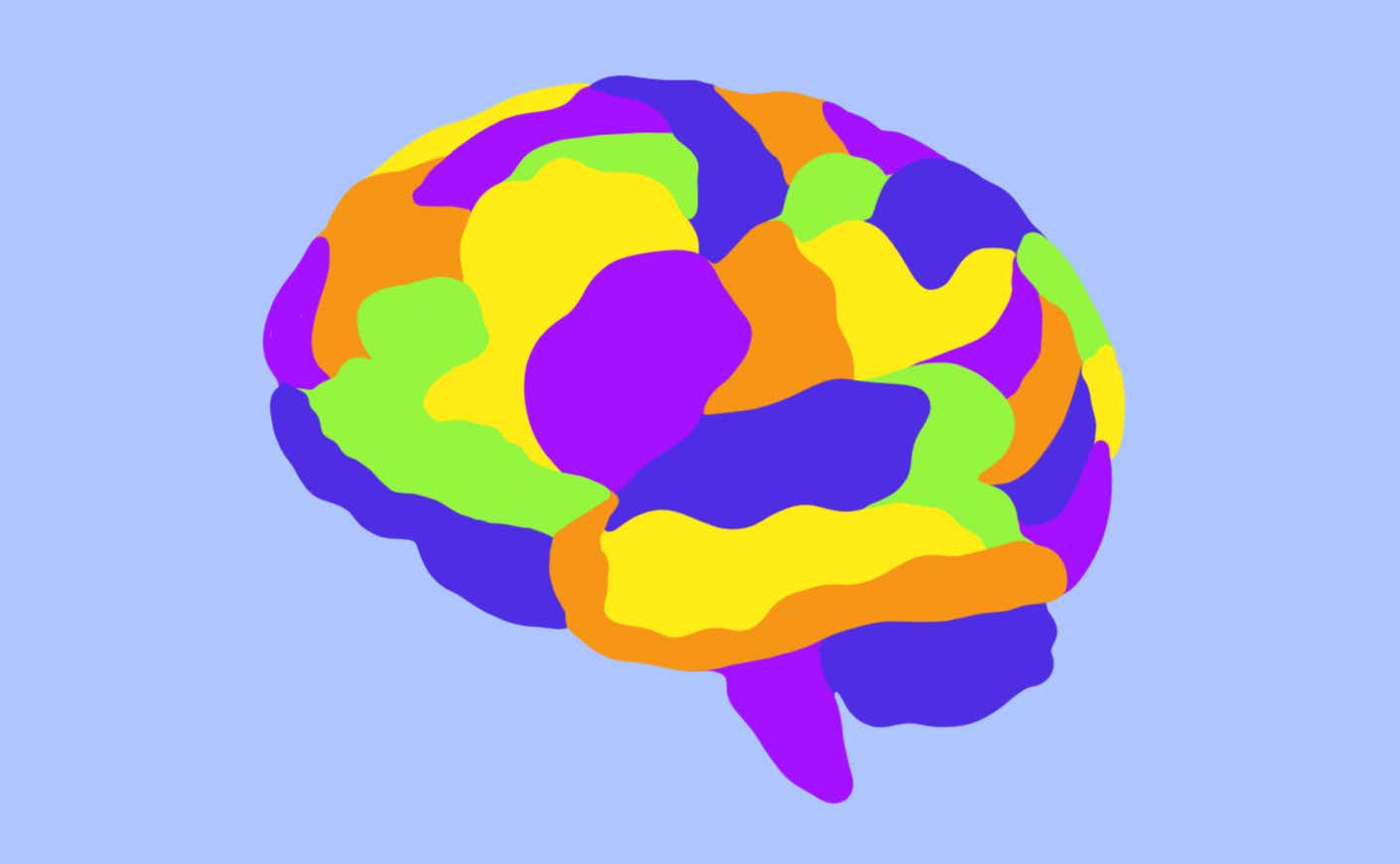Back in June, a potentially revolutionary new drug to treat Alzheimer’s disease seemed on track to change the game in how doctors and patients tackle the debilitating illness. But five months later, the makers of this medication aren’t seeing the success they might have expected. Here’s what you need to know.
What is the new Alzheimer’s drug?
The U.S. Food and Drug Administration gave official approval in June to the drug Aduhelm, an experimental treatment for patients in the early stages of Alzheimer’s disease. Not only was it the first new Alzheimer’s drug to get this approval since 2003, but its purported purpose was also a big deal: The makers of Aduhelm reported that rather than aiming to ease the symptoms of Alzheimer’s, as other available drugs do, this new option is actually meant to slow the progression of the disease.
The mission behind Aduhelm is to reduce the buildup of harmful plaque in patients’ brains. (Earlier this year, shortly before Aduhelm’s approval, Katie talked with Dr. Sanjay Gupta about how that plaque affects us in an episode of her podcast, Next Question.) When the FDA signed off on the use of Aduhelm over the summer, it specifically mentioned this part of the drug’s function as a promising part of the research data.
“The clinical trials for Aduhelm were the first to show that a reduction in these plaques — a hallmark finding in the brain of patients with Alzheimer’s — is expected to lead to a reduction in the clinical decline of this devastating form of dementia,” the FDA wrote.
But the controversy started almost immediately.
Despite the reported benefits of Aduhelm, its arrival to the market was not without controversy.
One big issue is the cost. With a sky-high price tag of $56,000 per year for the treatment, it’s not an attainable expense for the average American. Treating 500,000 Alzheimer’s patients would cost a total of about $29 billion for just one year; in a telling comparison, CNN pointed out that Medicare Part B spent $37 billion on all drugs in 2019. (And those 500,000 patients would be only a drop in the bucket of the estimated 6 million Americans who deal with Alzheimer’s diagnoses.)
Also, experts have remained uncertain about how effective the drug really is, and what risks may be involved in its use. Several months after Aduhelm’s official FDA approval, some major medical centers, like the Cleveland Clinic and Mass General Brigham in Boston, were not yet using the medication until more research was available.
So what’s happening now?
In the months that Aduhelm has been available, not many patients have opted to give it a try. NPR reported this week that in the three months following its FDA approval, Aduhelm brought in only $300,000 to the company that makes it — an especially low number, considering the $56,000 cost for a year of treatment for just one person.
One reason is that many insurance plans aren’t covering the expensive medication. Medicare won’t decide whether to pay for Aduhelm until sometime in 2022, and private insurance companies seem to be waiting to find out what they government decides before making their own call about coverage.
The continued uncertainty about Aduhelm’s efficacy is also coming into play. NPR spoke with the doctor who heads up the memory and aging program at Cedars-Sinai Medical Center in Los Angeles, and he said the drug’s risks may be too much to make its potential benefits worthwhile.
“This is not a cure. The disease will continue, and perhaps the best-case scenario is that someone will get a modest improvement in their cognition. But it’s not going to stop the disease from progressing,” said Dr. Zaldy Tan. “What’s not in question is the fact that it can cause cerebral hemorrhage and swelling in a significant number of patients. So I think that’s something that they will need to consider when deciding whether to take this drug or not.”
Other doctors say the Covid-19 pandemic may have patients’ minds on other things. Aside from health issues directly related to coronavirus, many Americans have also been experiencing anxiety, depression, and trouble with their sleep, and it’s possible they’re seeking solutions to those problems first before they turn to bigger-picture cognitive concerns.









